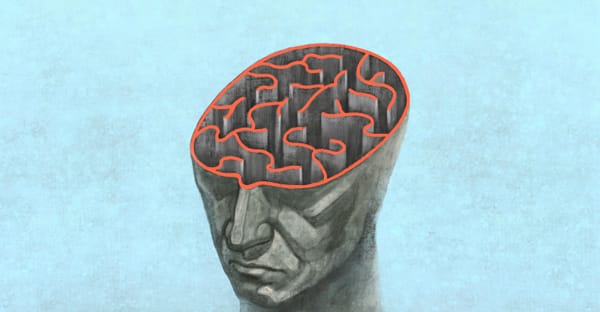The Freedom to Let People Be
You don't owe anyone access to your peace. You don't have to carry their moods, their opinions, or their disapproval. Let them misunderstand you, let them take the long way, let them be.

I learned something later in life that I never imagined would be true of me.
I was an addict.
Not to drugs or alcohol, but to something that was slowly stealing my freedom: other people's opinions, perceptions, and approval.
It's a quiet addiction. The kind that hides behind "being a good person" or "keeping the peace." It starts out small. You want to be liked. You want to be accepted.
But if you're not careful, one day you look up and realize you're performing your entire life for someone else's applause, and somewhere along the way, you've lost your freedom to just be yourself.
The Cost of Needing Everyone's Approval
I wanted other people's validation so much that it became my reward system. And as long as they were clapping, I kept going. Never realizing I had traded my freedom for their approval.
This showed up everywhere. In my leadership, I'd try to keep everyone happy, make sure they were all on the same page, moving in the same direction, even when it was costing me something. Even when it was costing them something.
By nature, I'm an empath. I care. I want to help. I want to fix. But over time, I've learned that empathy without boundaries turns into exhaustion.
I struggled to separate other people's emotions from my own. When I took on their stress, disappointment, and resistance, I thought I was helping. Instead, I was stealing their opportunity to figure things out while drowning myself in problems that were never mine to solve.
Learning to Let Go
Letting go of the need to manage someone else's emotions, situations or reactions doesn't feel good at first. When you're addicted to approval, walking away feels like withdrawal.
But the more I chose myself, the easier it became. And slowly, what once felt like loss began to feel like freedom. The kind where you can be yourself without needing anyone's permission.
You don't owe anyone access to your peace. You don't have to carry their moods, their opinions, or their disapproval. You don't have to shrink to stay connected.
Let them misunderstand you. Let them take the long way. Let them talk. Let them leave. Let them be.
Because when you finally stop managing their stories, you start reclaiming your own.
The Moment You Get Hooked
There's a Buddhist concept that changed how I see myself and others. It's called shenpa.
Shenpa is the moment you get emotionally hooked by what others think, say or do. It's that split-second pull inside your chest or gut. A word. A text. A look.
Suddenly, you're spiraling down a path you didn't choose, trying to fix, explain, react, and manage.
Buddhist teachers say that when you feel shenpa — when something hooks you — the first step isn't to act. It's to sit. Don't take the bait. Don't swallow the hook. Just breathe and pause for five minutes.
That's it.
And you'd be amazed at what happens when you don't immediately react. The emotion rises, sure. You can feel it boiling up — frustration, panic, defensiveness. But if you can just sit with it, the feeling passes like a wave.
You didn't lash out. You didn't spiral. Strangely enough, you feel stronger. And you didn't do anything.
Where Are You Still Giving Away Your Freedom?
Freedom isn't always loud. Sometimes it looks like saying less and doing less. Letting someone walk away and not following.
It's not a performance. It's a practice. And it's the most liberating thing you'll ever do.
So here's the question: Where are you still giving away your freedom by trying to manage what isn't yours? A conversation you keep replaying. A person you keep trying to fix. A version of yourself you keep trying to defend.
This week, let it be what it is. Let them be who they are. And choose, again, to be who you are.
No explanation. No spiral. No bait.
Just one clear decision: Let them be free.
And claim your own freedom in return.
With inspiration from the book "The Let Them Theory" by Mel Robbins.




